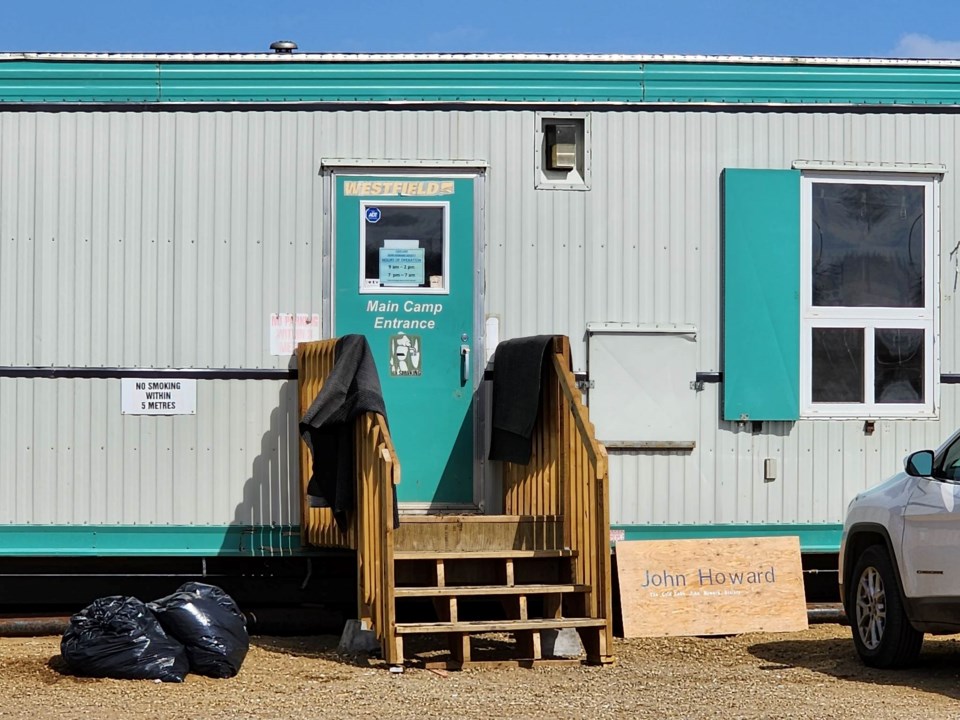COLD LAKE - Homelessness is rising in Cold Lake, with more people turning to emergency shelter services amid growing mental health concerns and housing instability.
The Cold Lake John Howard Society delivered an update to City council during the May 13 regular meeting, highlighting an increase in local homelessness, mental health crises, and increased community reliance on the shelter’s services.
The society’s Board Chair Candice Sutterfield and Program Manager Leona Heisler presented the 2025 first-quarter report, revealing that 154 individuals, each with unique identifiers, have accessed shelter services so far this year. That marks an increase from the same period in 2024, when 123 unique individuals were served in the first quarter.
Of those served in 2025, 74 per cent had been homeless for more than six months, and nearly 90 per cent reported co-occurring mental health and substance use issues—highlighting a growing complexity in client needs.
Sutterfield said the people experiencing homelessness in Cold Lake are not strangers – they are neighbours, family members, and fellow community members who are accessing the shelter.
Roughly 25 per cent of shelter users are from Cold Lake, 30 per cent are from Bonnyville and the MD of Bonnyville, and 35 per cent are from Cold Lake First Nations. Only 10 per cent come from outside the area, dispelling misconceptions that the shelter draws people in from other regions.
Heisler said shelter staff offer more than just meals and a bed.
“We serve breakfast and lunch, and outreach workers help individuals with things like getting ID, attending appointments, and moving forward with their goals.”
In 2024, staff administered 82 naloxone kits, and helped 164 people obtain ID or health cards. The shelter also partners with health nurses to provide basic medical care, such as wound treatment and STI checks.
Sutterfield warned of consequences if the shelter didn’t exist.
“We would have more fires, more crime, more people dying from exposure. Without John Howard, other agencies would be overrun.”
With limited mental health treatment options and long wait times for addiction services, Sutterfield said clients often lose motivation or miss narrow windows to seek help. “It’s a lot of work for the persons that we work with to get up, get dressed, get out the door and not get sidetracked on their way,” she said.
“It doesn’t sound very long to me or you, but for the folks that we work with, they sometimes don’t even know it’s Wednesday, or that it was their appointment day.”
Cold Lake has proven to be a strong supporter of the John Howard Society and the wider community.
“On the regular, we’re getting so many donations that we actually had to put socks in an old fridge in our storage rooms. We had no room for the socks anymore,” said Sutterfield. She praised the ongoing generosity of the community.
City council expressed their appreciation for the delegation’s work and accepted the report as information.



